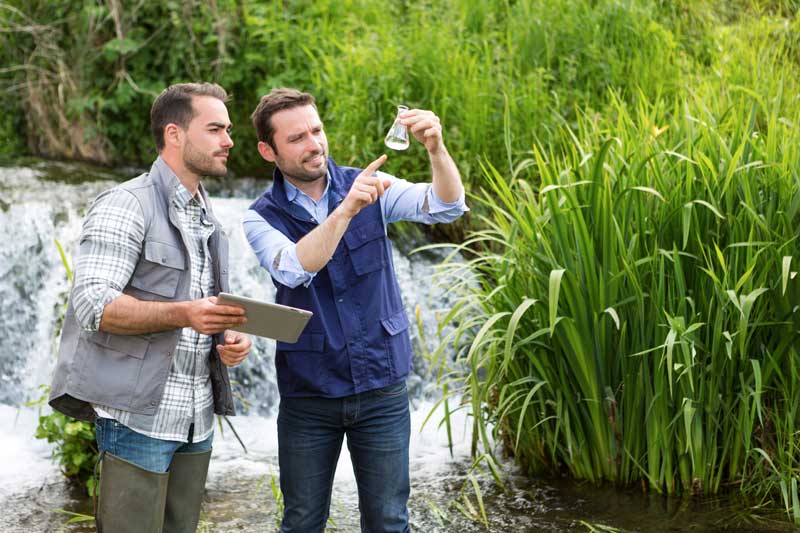
Pursuing a career in biology is extraordinary and exciting. It is something that will surely provide many rewards.
Studying biology teaches us to ask questions, make observations, evaluate data, and solve problems. Biologists learn how living organisms work, how they interact with each other, and how they evolve. They can study the evolution, natural history and conservation of plants, animals and habitats. They can investigate the interactions of living organisms with light, the environment or with each other. Biologists may have careers in the pharmaceutical industry, biotechnology, or medical research. The work of biologists enhances our understanding of the natural world in which we live and helps us address issues of personal health and well-being as well as global concern, such as environmental degradation and threats to human health.
You will find Biologists working all over the world in almost every area you can imagine: research labs, hospitals, offices, classrooms, factories, boats, airplanes, submarines, museums, jungles, deserts, forests and protected areas.
The first step is to get a degree in Biology or Life Sciences.
Studying Biology at the University will provide you with valuable knowledge, skills and experience. You will gain skills that you can use regardless of which career path you choose, both inside and outside of science.
Then one can choose to specialise in one of the Branches of Biology such as:
- Biochemistry, Molecular Biology and Related Areas (such as Molecular Genetics)
- Animal and human physiology and related areas (such as Immunology, Histology, Histophysiology, Embryology, Comparative Endocrinology and Hematology).
- Microbiology and Related Areas (such as Parasitology, Virology, Molecular and Applied Microbiology)
- Genetics and Biotechnology and Related Areas (such as Human Genetics, Population Genetics, Immunogenetics, Microbial Genetics, Developmental Genetics, Pharmacogenetics, Genetic Modification – Organ Improvement, Biotechnology and Applications in Medicine, Industry, Environment)
- Cell Biology and Biophysics and Related Areas (such as Radiology, Radiobiology, Cell Pathology and Bioinformatics)
- Ecology, Taxonomy, Conservation Biology, Nature and Environment Conservation and Related Areas (such as Environmental Education, Teaching natural sciences)
- Botany, Fungi, Ecophysiology, Morphology and Physiology of Plants and Related Areas (such as Physiology and Bacteriology)
- Zoology and Marine Biology and Related Areas (such as Protozoology, Entomology, Animal Behaviour, Evolutionary Biology, Fisheries, Ecotoxicology, Aquaculture)
Learn more from the following websites:
https://www.pev.gr/
https://www.ecba.eu/biology-in-europe/
https://www.aibs.org/careers/
https://www.environmentalscience.org/career/biologist
https://www.rsb.org.uk/careers-and-cpd


